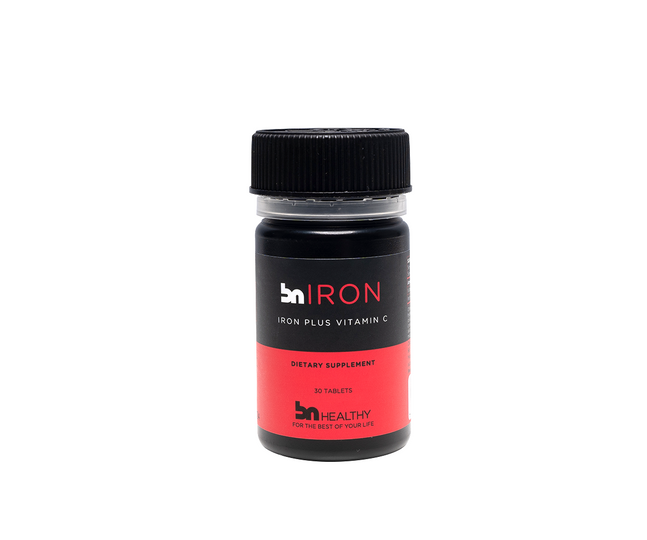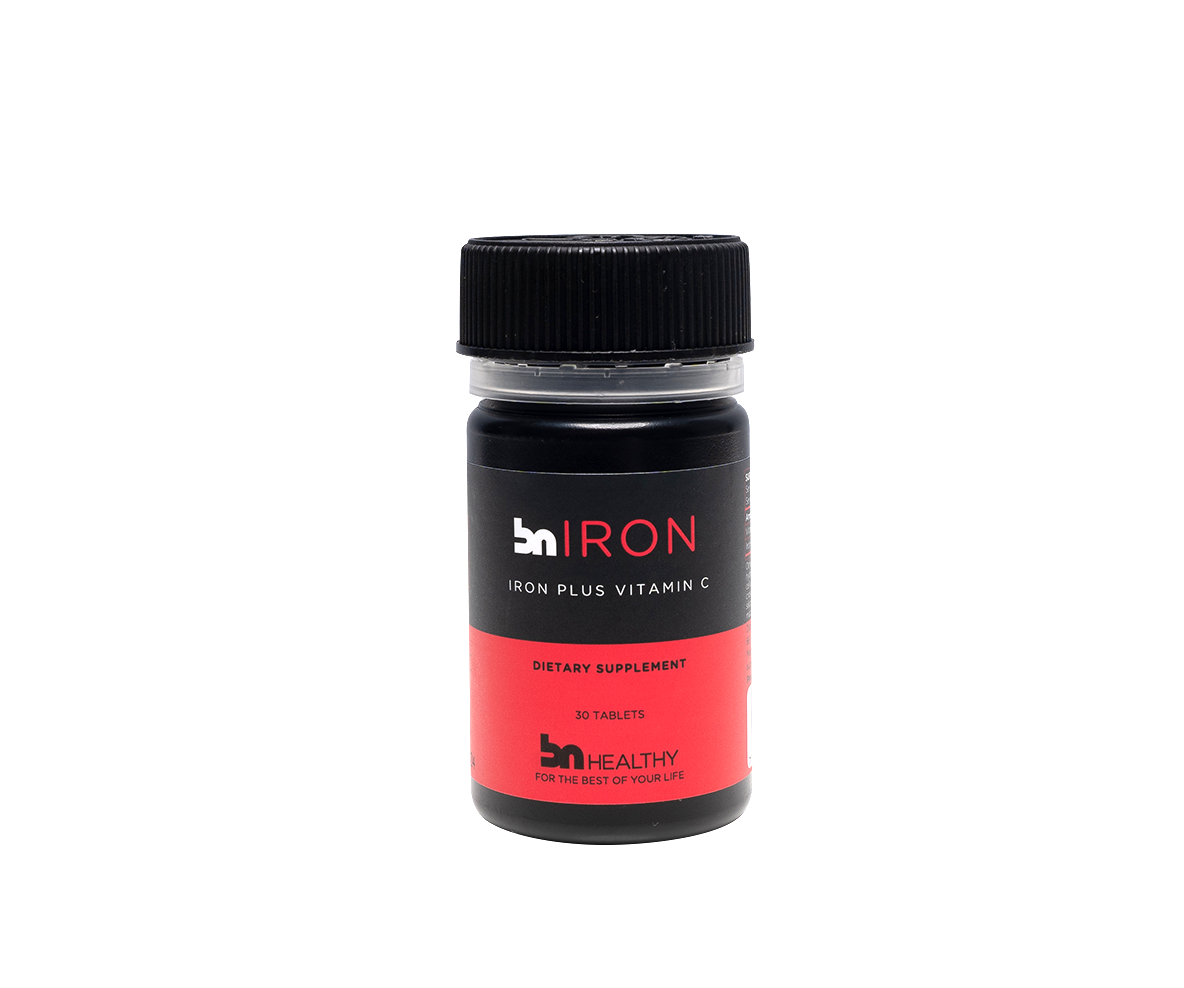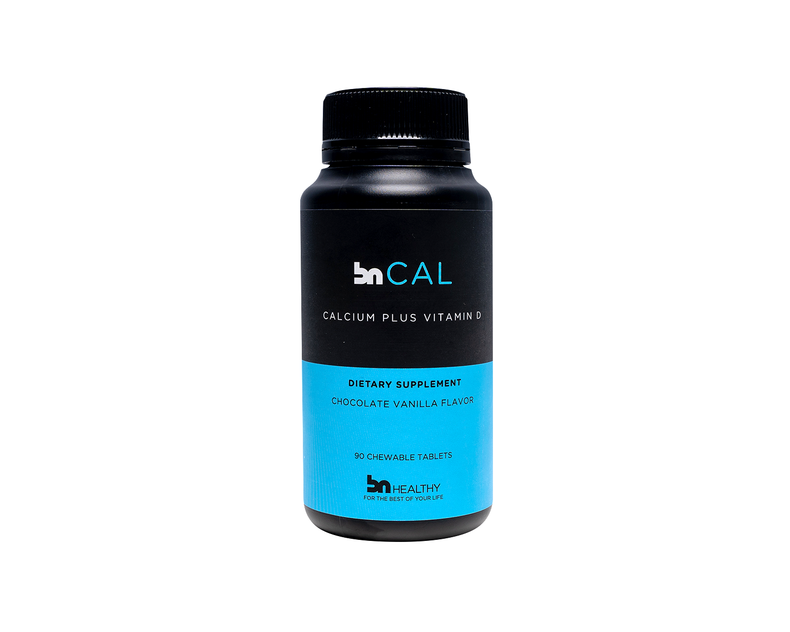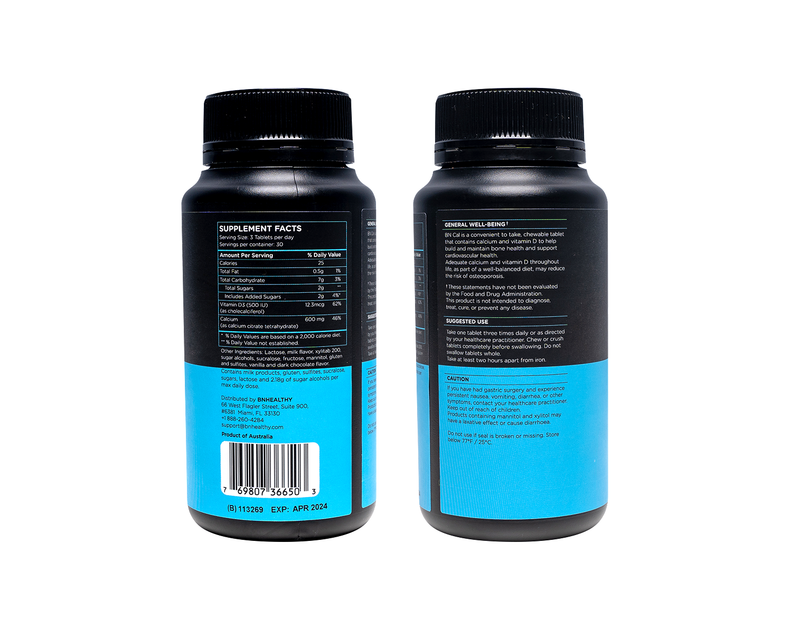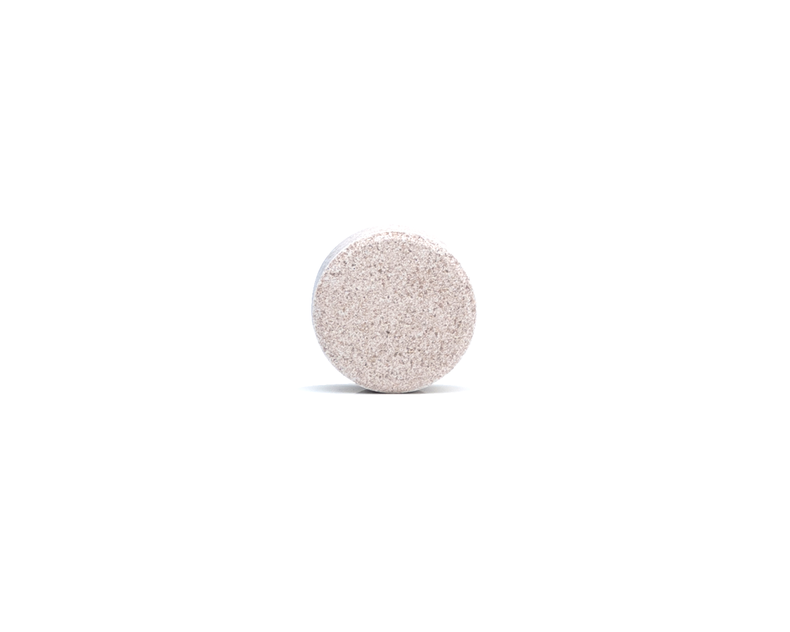August 2022
Jacqui Lewis - BHSc Nutritional and Dietetic Medicine
The Ultimate Path to Success: Track Your Weight Loss
Post-Bariatric Surgery

The journey to achieving success with Weight Loss Surgery begins as soon as you decide to undergo the procedure.
You officially start a new life after waking up from the anesthesia.
While your surgeon has just modified your stomach to be utilized as a tool for rapid weight loss,
navigating this journey requires educating yourself, seeking professional support,
and most importantly: following your Bariatric team's instructions!
Part of this will require you to revamp your relationship with the word "diet." Previous to weight loss surgery, you associated the word "diet” with being on a diet. Chances are you tried every "diet” known to man, from Atkin's to the cabbage soup diet… maybe even hypnosis (even though that's not a diet).
However, successful Bariatric patients learn to form a new association with the word "diet." Instead of the phrase "a diet" being synonymous with a list of food Do's and Don'ts, you will drop the "a." This creates a new meaning of your diet being synonymous with your day-to-day lifestyle and how you choose to fuel your body for maximum nutrition.
While you transition your association with the word diet, the top tool will be utilizing a weight loss tracker journal to ensure you achieve your goals. Using a journal to track your weight loss is essential because you can see how far you've come each time you weigh yourself, feel your pants looser, or see new muscles popping up in your physique!
There are three key components to measure your success in Weight Loss Surgery besides the number on the scale.
They support a healthy mindset and lifestyle and encourage you to appreciate new experiences you have that weren't possible before Weight Loss Surgery. However, let's address the weight on the scale first:
1. Weight on the scale: Goal and ideal weight
Your team will likely set you a "goal weight" determined by your height, gender, and stature. This number is something to work towards, but do not beat yourself up if your body naturally settles at a weight 5 pounds higher.
While the number on the scale is the benchmark for success, it doesn't paint the complete picture. This is because your body composition needs to be evaluated versus total body weight. Your body composition takes the following into account:

- Weight
- Body Fat Percentage
- BMI
- Muscle Mass
- Total Body Water
- Bone Mass
Muscle weighs more than fat and is denser. This means as your body burns fat cells and generates lean muscle tissue, the number on the scale might not change much, but your actual measurements will decrease, for example, your waist circumference. Most patients find this motivating to keep exercising, which has benefits far beyond moving the needle on the scale. In addition to fat loss, muscle mass protects bone density because it is much denser and heavier than fat.
Your BMI is derived from your height and weight comparison. While BMI is widely used in the medical community, it does not consider body composition. For example, that powerlifter at the gym may be solid muscle, but he is considered overweight on the scale.
2. Strike a pose! Look in the mirror more often & take more photos.

Before your surgery, chances are you shied away from the camera. However, now is the time to strike a consistent pose! If you remember, take a "before” photo before your surgery.
This is the last time you will ever see that reflection. It will serve as a reminder as to how far you've come with each pound you lose. After your surgery, set a date for each month and stand in the same place each time, taking photos from different angles.
We tend to forget where we came from when we're busy heading in another direction, so reminding yourself is a great motivator. We also see people taking regular photos dressed in an outfit they would regularly have worn before their surgery. Some end up standing in one leg of their old pants and comment that they hadn't realized they had lost so much of their size!
3. Your success is not dictated strictly by pounds and clothing sizes.
Your success is dictated by your feelings, experiences, frustrations, and Aha! Moments. How do you keep track of all these milestones? Journaling.
More than a weight loss tracker journal, yes, you may want to record your physical measurements/weight/clothing size and write about physical health changes (ex., No longer being considered type 2 diabetic).
But also write about what lights you up inside due to losing weight or the obstacles you face.

Write about your feelings, frustrations, hurdles and WINS.
Each month in your journal - record the things you notice have changed in your immediate circle,
and record your waist, hip, shoulder and thigh measurements.
Note down any changes to your health - you would be surprised how quickly some things disappear, and we simply don't notice them unless we take time to introspect.
- What are you doing each day now that you never thought you would do again before surgery?
- How have your relationships changed?
- Have you noticed you are doing things or showing up differently?
The journey to weight loss success is this: one pound at a time.
Related Products
BN Cal - Calcium Chewable Tablets
BN B12 - Vitamin B12 Melts




BN Iron - Iron Tablets plus Vitamin C
